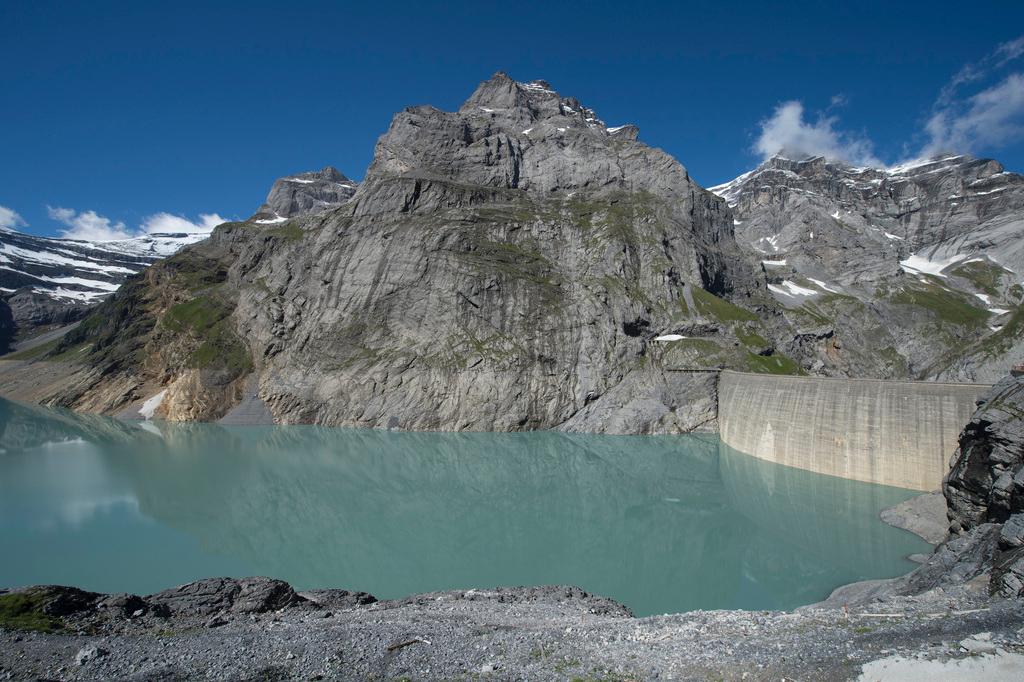State-backed energy company sees growth in US, rebuffs critics

Publicly owned utility firm Axpo has told swissinfo.ch that the United States offers attractive opportunities, rejecting concerns expressed by a rightist Zurich politician that investing there could be risky for taxpayers.
“If a big mistake were to happen, the cantons would have to fix it, together with the taxpayers,” Hans-Peter Amrein from the conservative right Swiss People’s Party told the Tages-Anzeiger newspaper.
Axpo, which is wholly owned by cantons in north-eastern Switzerland, produces, trades and sells energy and already operates in 20 European countries. It is the largest producer of renewable energy in Switzerland.
Earlier this year, the company announced plans to enter energy markets in Texas and the north-eastern United States.
‘Growth potential’
“As for the risks, we see no cause for concern,” the company’s media office wrote in an email.
“Axpo has identified a clear growth potential in the US.” It said that “subsidies, low CO2 prices and weak economic market distortions had led to sustained low electricity prices in Europe”.
Amrein, who represents the Zurich lakeside town of Meilen, drew parallels between Axpo’s future plans and the failed investment banking strategies of UBS and Credit Suisse in the United States.
A poll conducted by the Tages-Anzeiger also indicated that people in other cantons who were shareholders in the company were also sceptical about Axpo’s plans in the United States.
Amrein said he plans to file a motion in the Zurich cantonal parliament following the summer holiday break.
“The timing is also convenient because several banks have recently reduced their activities in the energy sector,” Axpo added.
It specified that it will employ local experts “in order to obtain access to customers and to procure the necessary know-how for business activities in the two US market regions. This also corresponds to the tried and tested model in Europe”.
Axpo also holds 5% in the Southern Gas Corridor, a project designed to bring gas from the Caspian Sea in Central Asia to Europe, thus providing an alternative to Russian gas.

In compliance with the JTI standards
More: SWI swissinfo.ch certified by the Journalism Trust Initiative












You can find an overview of ongoing debates with our journalists here . Please join us!
If you want to start a conversation about a topic raised in this article or want to report factual errors, email us at english@swissinfo.ch.